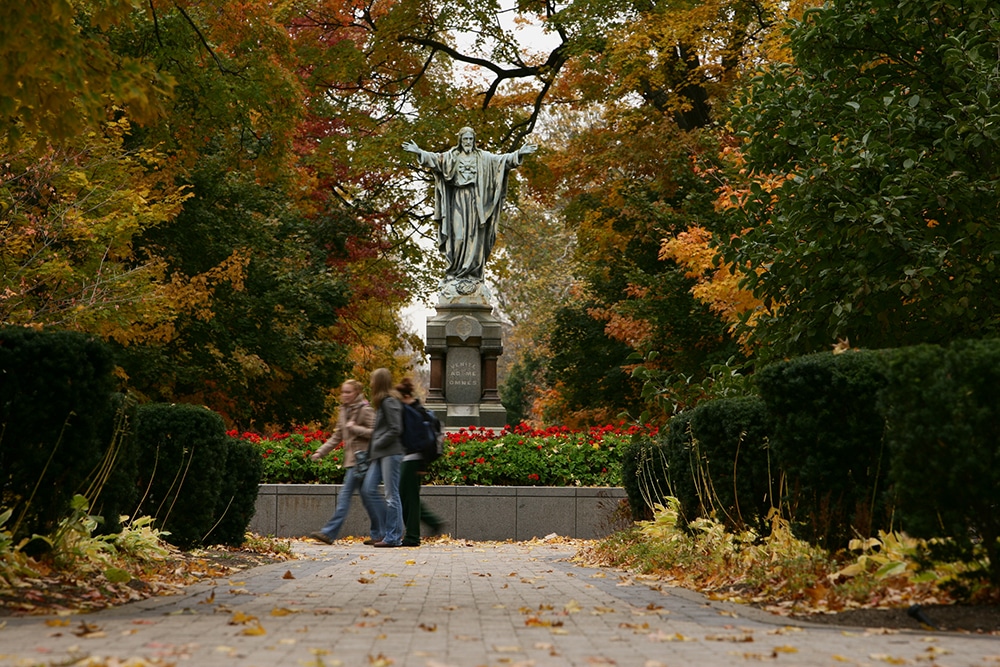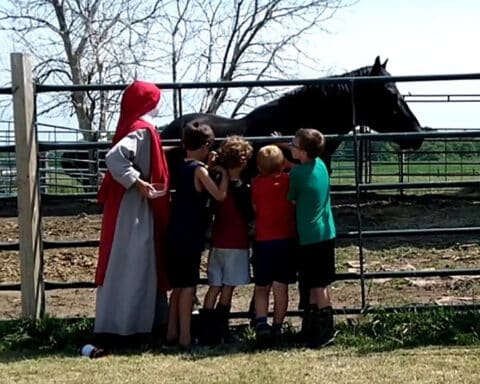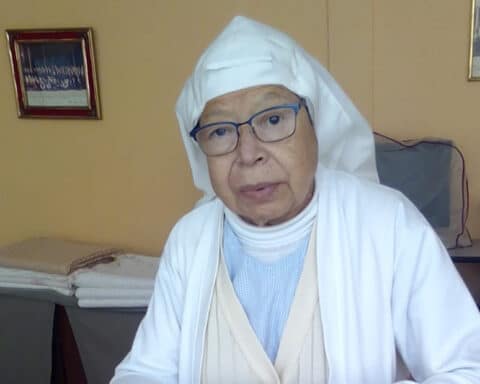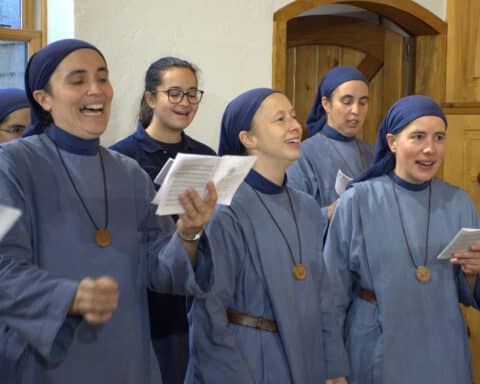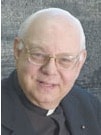
Some years ago, the bishops of the United States formally voted to tell Catholic colleges and universities in this country not to confer honors upon public figures who expressly support abortion on demand.
This directive is routinely ignored. Every spring, check the commencement speakers and recipients of academic honors at the big “Catholic” universities and colleges. You would think the bishops’ mandate never was issued.
This infuriates many people. They ask in frustration, “Where is the bishop?” “Why doesn’t the ‘Church’ do something?” The reality is that, under American law, or Church law, the only thing a bishop can do is to protest. He can forbid nothing. He has no authority.
A good example is the recent argument in Denver about a decision by Regis University, a school founded generations ago by Jesuits. The university presented a dramatic play that the archbishop of Denver publicly declared as offensive to Catholic morality. The university did not cancel the play.
In 2009, Notre Dame announced that it had invited President Barack Obama — who consistently had supported policies enabling abortion — to give that year’s commencement address and to receive the honorary degree of Doctor of Laws. The local bishop, the late Bishop John M. D’Arcy, was incensed. He publicly demanded that the university adhere to the American bishops’ order regarding the conferral of honors upon politicians who accept abortion. What happened? President Obama spoke at the commencement and received the degree.
The historic “Catholic” universities and colleges were created by religious communities, with a few exceptions, and for decades these religious owned and operated these institutions as Christian ministries of their respective orders.
Changes began about 60 years ago, when one college or university after another legally transferred ownership, with what was seen as good intentions, from the founding religious community to a nondenominational, primarily lay, organization. Invariably, these organizations are not legally subject in any way to Church authority.
True, members of the founding religious order often have positions at the institution, but he or she is hired by, and answers to, the nondenominational governing authority. So, the order could tell an official to resign, and he or she could obey and quit, but nothing ultimately would change.
Catholics more than rarely are shocked to hear that this or that professor in a university with a Catholic background is teaching something clearly in opposition to the Church’s understanding of the Gospel.
Here again, the school probably, legally, has no formal connection with the Church. When Pope St. John Paul II urged institutions to ask professors to take an oath to teach Christian doctrine, many did not comply. The pope could only plead with them. Bishops can only plead.
None of this discounts the good occurring again and again in these universities. So many officials and professors are committed Christians. A Catholic atmosphere prevails. Religion and Gospel values are the ideals. Human dignity is revered. Christ is the standard. Priests encounter the students as pastors, not just as professors. Chapels dot the campuses, and students fill the pews every day wanting to be good lawyers or accountants and, above all, genuine disciples. All exceptions admitted, alternative institutions offer nothing better.
Msgr. Owen Campion is OSV’s chaplain.

